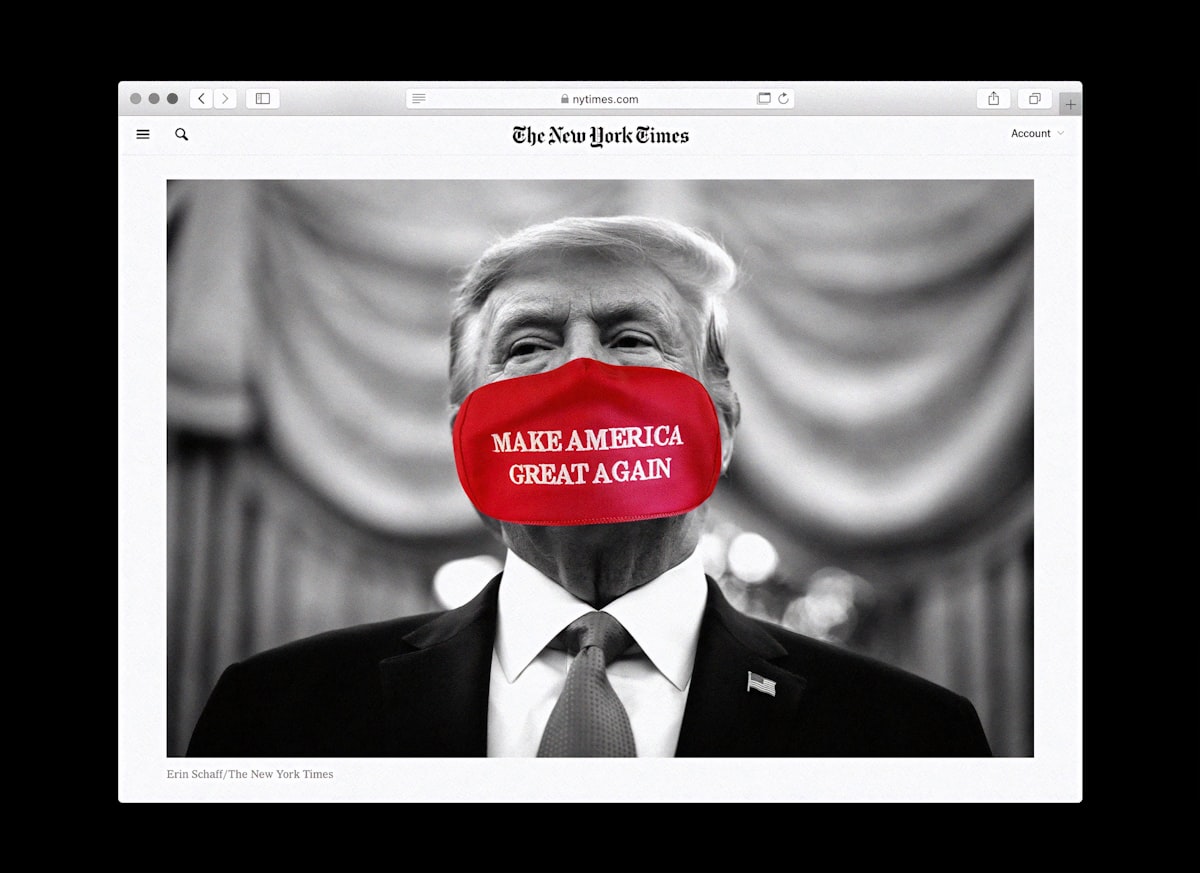When then-candidate Donald Trump was asked about his biggest weakness at a Republican primary debate in 2015, he admitted something that would prove to be the greatest flaw of his political career: “I trust people too much, I'm too trusting.”
On its face, that doesn't sound like too bad of a problem to have. What are you even supposed to say when asked about your biggest weakness at a job interview? He answered the question well, and that is precisely the problem. He was right.
Trump allowed politicians to change him, and he ultimately became what he once opposed. Whether you think his original vision was pure or not, there is no denying how much he changed when he stepped into office.
Time and time again, Trump's voters were disappointed and humiliated by someone who promised so much yet gave so little. His supporters watched as Bush-era Republicans, like John Bolton, filled his White House staff, morphing the agenda of America First into a generic Republican message. The experts who “knew politics” came in to settle the former president down, and it was scary how quickly it worked. From then on, the Trump of 2015-2016 disappeared. His best “accomplishments” over the next two years consisted of corporate tax cuts and moving the embassy in Israel from Tel Aviv to Jerusalem. I could care less about where the Israeli embassy is, and a change in the tax code hardly has any long-term impact on the future of our country.
Despite the strong stance Trump took against special interests in 2016, it seemed that the donor class was still in control. In his last two years in office, Trump finally began work on the border wall, but it is clear that at some point, people close to him told him to ease off the subtle white identity politics inherent to the immigration issue. So, he spent the last year in office and his 2020 campaign pandering to minorities, like through the Platinum Plan, and trying to prove how not-racist he is. The country may have been on fire from a summer of Black Lives Matter riots, but look at that black unemployment! Unsurprisingly, Trump was rewarded with a measly 8% of the black vote in the 2020 election.
All of this was in stark contrast to Trump during his 2016 campaign. Then, he was fresh, uncontrollable, and dedicated to a vision. He was creating an organic political movement that didn't focus on budgeting and deregulation but on immigration, trade, and media bias. The best part was that no one influenced Trump because no one wanted to associate with him. When he came down the escalator and delivered his announcement speech in 2015, you could hear the anger in his voice. He was a free American speaking his mind. Now, take anything Trump said during that campaign and contrast it with his strongest opinions today — a different person emerges. That is the mark of a man whom the establishment has taken over. How the mighty have fallen.
Oddly enough, Trump has not gotten better since leaving office. His 2024 campaign announcement speech was generic and platitudinal, with a heavy-handed focus on the economy. In December, the former president hosted a celebration at his private residence for the same-sex marriage law that Biden signed. Here, he told the guests, composed entirely of “gay conservatives,” that he is “fighting hard” for the gay community. In a recent Truth Social post, he blamed Republican losses in the 2022 midterms on pro-lifers who “firmly insisted on No Exceptions, even in the case of Rape, Incest, or Life of the Mother.” And most recently, as if he could get any worse, Trump tried to whip votes for Kevin McCarthy, the epitome of the swamp, as Speaker of the House, despite once promising to drain the swamp. Despite him making the call, not one of the 20 MAGA representatives flipped — a shocking development, considering opposing Trump used to be political suicide.
It is more apparent than ever that Americans who elected Trump to the presidency are ready for a new candidate — one not so easily influenced by the D.C. establishment. Only time will tell if that will materialize or not.
The views expressed in this article solely represent the author's views and not necessarily College Dissident's.

